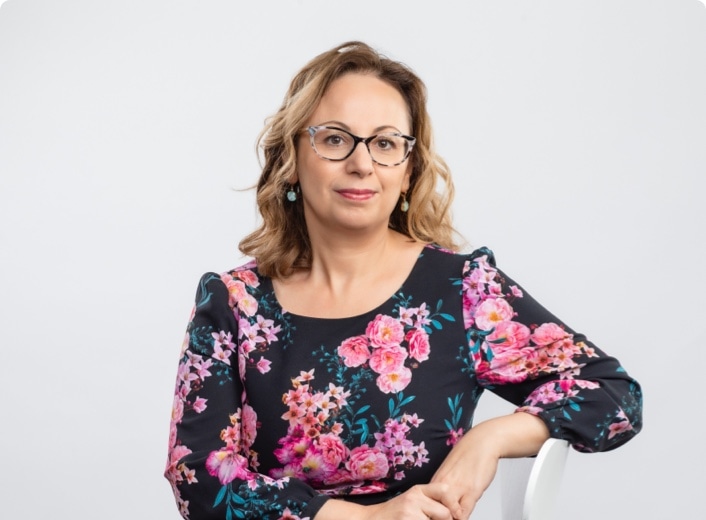Posted 14 March 2024

Associate Professor Elaine Sanij, head of SVI’s DNA Damage & Cancer Therapy Lab, and her collaborators from Peter Mac and WEHI has made a remarkable breakthrough on a new way to potentially treat one of the most common and aggressive forms of blood cancer.
The study, which built on a decade of work by Elaine and her team on targeting POL I activity and ribosome biogenesis in cancer therapy, was able to kill lymphoblastic leukaemia cells in the lab and stop cancer cells from growing, after identifying two new proteins critical for the development of the disease.
“The findings show that a subset of aggressive acute lymphoblastic leukaemia exhibit a form of addiction to producing ribosomes, the protein making molecular machinery,” said Elaine.
“They render the leukaemia sensitive to Pol I inhibitors which target ribosome production. Altogether, this work highlights the importance of developing this new approach to cancer therapy to treat oncogene-driven cancers.”
Around 5200 people are diagnosed with a form of leukaemia in Australia each year. An estimated 1500 of these cases are acute – meaning the blood cancer appears suddenly and grows quickly.
Blood cancers like leukaemia are notoriously difficult to treat in adults, with 50% of Australian patients relapsing after the first round of chemotherapy and subsequently becoming resistant to further treatments.
The findings, published in the prestigious Science Advances journal could lead to enhanced treatment options in the future, with plans underway to develop a clinical trial based on the research.